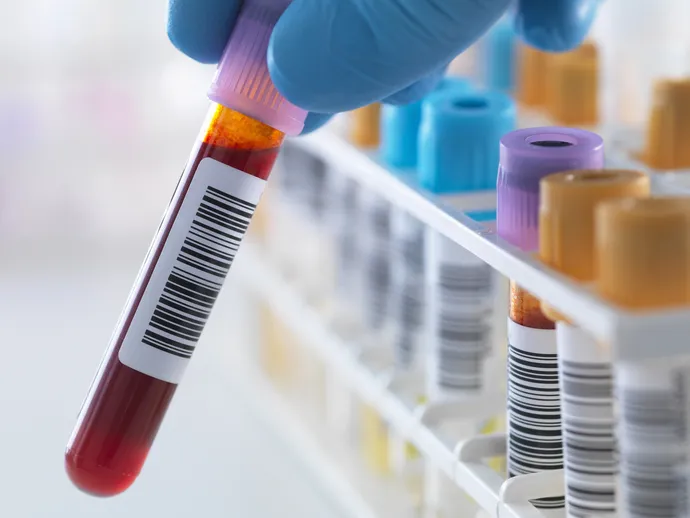Last updated on 16th Oct 2021 - By Dwayne Michaels
How Abnormal EOSINOPHILS affects heart?
Do Eosinophils affect your heart? Let us first understand what Eosinophils are.

Eosinophils are a variety of white blood cells (WBCs) and one of the immune system components responsible for combating multicellular parasites and certain infections in vertebrates.
An increase in eosinophils, i.e., the presence of more than 500 eosinophils/microlitre of blood is called an eosinophilia, and is typically seen in people with a parasitic infestation of the intestines; autoimmune and collagen vascular disease (such as rheumatoid arthritis); malignant diseases such as clonal hypereosinophilia, eosinophilic leukemia, and Hodgkin's disease; lymphocyte-variant hypereosinophilia; extensive skin diseases (such as exfoliative dermatitis); and with the use of certain drugs such as penicillin.
But, perhaps the most common cause for eosinophilia is an allergic condition such as asthma.

You might have a high eosinophil count because of Autoimmune conditions, a reaction to certain medications, asthma, hay fever, eczema (itchy, inflamed skin), early stages of Cushings disease, a rare condition that can happen if you have too much of a hormone called cortisol in your blood or an infection caused by a parasite:
Also Read : Symptoms of Abnormal eosinophils
Eosinophilic pneumonia is a disease in which an eosinophil, a type of white blood cell, accumulates in the lungs. These cells cause disruption of the normal air spaces where oxygen is extracted from the atmosphere.
Several different kinds of eosinophilic pneumonia exist and can occur in any age group. The most common symptoms include cough, difficulty breathing, fever and sweating at night.
Eosinophilic pneumonia is diagnosed in one of three circumstances: when a complete blood count reveals increased eosinophils and a chest X-ray or computed tomography identifies abnormalities in the lungs, when a biopsy identifies increased eosinophils in lung tissue, or when increased eosinophils are found in fluid obtained by a bronchoscopy
Did you know? Not getting enough sleep is linked to Heart attack, Depression, High Blood Pressure, Obesity and Diabetes.

Also Read : What can cause inaccurate blood test results?
Cardiac disease occurs in more than 50% of patients with idiopathic hypereosinophilic syndrome (defined as an absolute eosinophil count greater than 1.5109/L lasting for more than six months in the absence of any known cause of hypereosinophilia and with evidence of organ involvement).
The hypereosinophilic syndrome represents a spectrum of diseases, including Davies endomyocardial fibrosis and Loffler’s myocarditis. Cardiac disease is the major cause of morbidity and mortality in patients with this syndrome
Treatments used to combat autoimmune diseases and conditions caused by eosinophils include:
- monoclonal antibody therapy
- corticosteroids promote apoptosis. Numbers of eosinophils in blood are rapidly reduced
- imatinib (STI571)
- antagonists of leukotriene synthesis or receptors

Does drinking water before blood test affect results?
Certain blood tests require fasting beforehand. Fasting before certain blood tests is important to help make sure that your test results are accurate. Read on to learn more about the effects of water on blood test results.
Know more
What can cause inaccurate blood test results?
Several factors can affect blood test results. Read on to know the top reasons which can lead to inaccurate blood test results.
Read more
Painful health problems of famous celebrities
Read on to know chronic illnesses of top celebrities
Know more